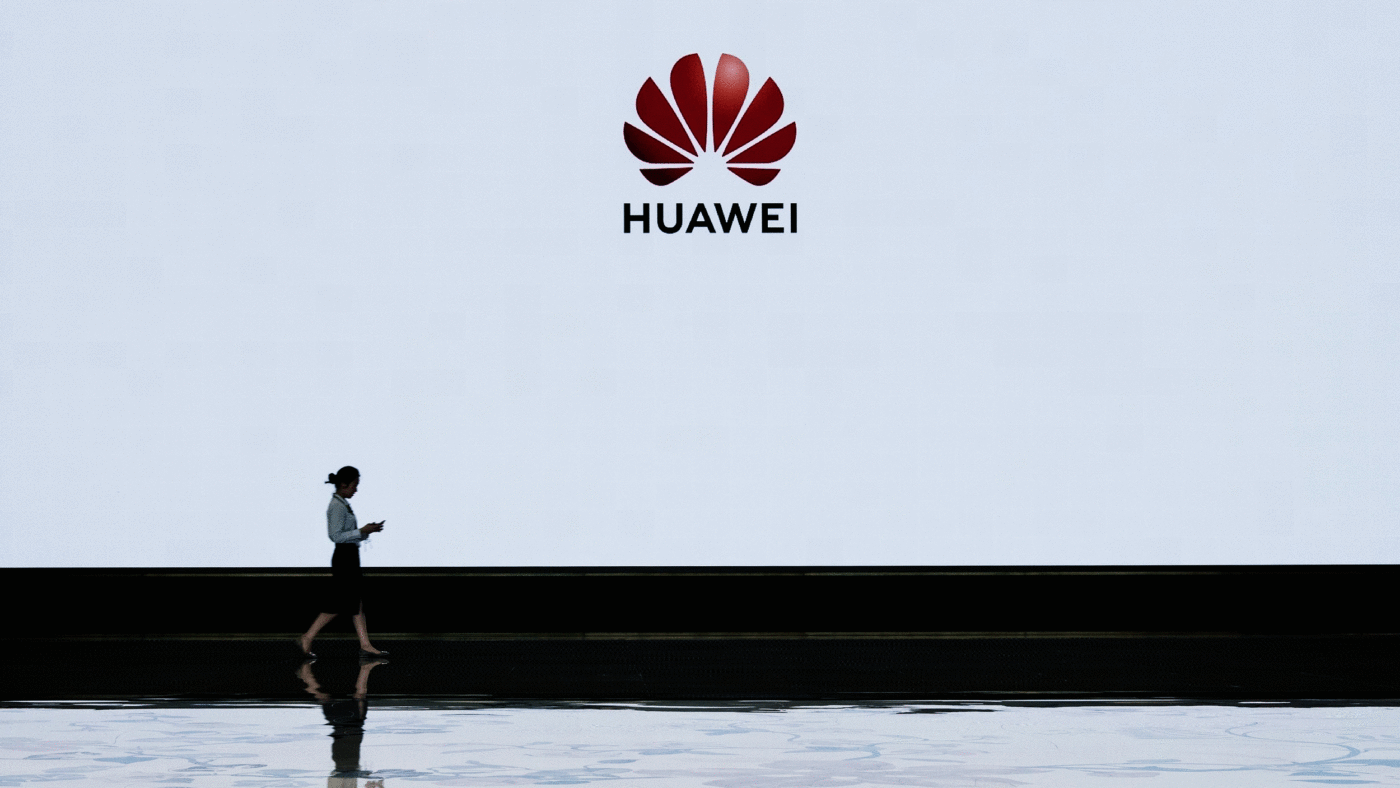The US may be home to the world’s largest tech companies, but that dominance is increasingly under threat. The challenge is coming not just from adversaries like China, but also from allies like the UK and the EU, both of which are moving ahead of the US in key areas like faster payments and 5G wireless rollout.
There is a disconnect between the current strength of tech Titans like Google, Apple and Facebook, who built innovative products or systems, and the everyday digital experience of consumers across the US, which is beginning to lag behind those of consumers in Britain.
While faster payments have been a feature of UK banking for over a decade, and have fuelled an ecosystem of fintech startups such as Monzo and Revolut, the US banking system is still frustratingly analogue. Some payments can still take days to arrive. There is no nationwide instant payment system partly due to inaction from the Federal Reserve.
Financial payments are just one example of the many industries that will be impacted in today’s digital world by a delayed rollout of 5G networks. 5G will support countless new applications and services across all sectors of the global economy. Delays in 5G have the potential to threaten America’s economic and national security – and its global leadership, which is why the recent inter-governmental infighting between US federal agencies is so counterproductive, and could bring about significant long term consequences.
The Federal Aviation Authority (FAA) has announced its opposition to deploying 5G over disproven fears that 5G could interfere with aircraft radio systems. The FAA’s chief concern doesn’t appear to be safety, but rather to help the airline industry find someone else to pay for equipment upgrades.
The FAA raised this concern despite the fact that over 40 countries, including the UK, have been using the same 5G frequencies for several years with no interference to aviation. The expert US spectrum regulator, the Federal Communications Commission (FCC), studied this issue extensively and found no interference concerns.
5G is a key technology that will fuel economic growth for the next decade and beyond. It’s importance to the US, both economically and strategically, is such that the U.S. expended significant political capital to isolate Chinese companies such as Huawei from not only its domestic network but also from those of its allies, including the UK.
For such a strategically important asset, the delays are difficult to understand, particularly as the stakes are so high.
If America can’t roll out 5G at scale, it faces falling behind China in the global technology race. Chinese operators face far fewer domestic constraints and are far closer to operating 5G at scale. If they beat the US to it, they will be in a strong position to deploy 5G networks to countries around the world. Throughout the 20th Century, the US embraced new technologies and the global leadership that came with being first. No longer, it seems.
Britain has not been saddled with this kind of regulatory morass, partly because Brexit has meant that the technology sector is now the great economic hope for the government. The UK and the EU can now compete to create the best regulatory environment for a flourishing tech sector, hopefully benefiting both sides.
Despite Britain’s recent momentum, it still needs America to win the technological battle with China. The security of the Western Alliance relies on it. If America is in the midst of a Luddite regression, we can only hope that it is short-lived. A technologically curious America is a crucial ingredient for Western technological leadership. Britain can offer US regulators its experience and data to demonstrate that 5G doesn’t interfere with aviation systems, but there is clearly a wider problem: the US must get out of its own way. Without US leadership and technological curiosity, we face China winning the race to 5G and with it the power over pioneering technology for decades to come. That outcome would be a disaster for us all.
Click here to subscribe to our daily briefing – the best pieces from CapX and across the web.
CapX depends on the generosity of its readers. If you value what we do, please consider making a donation.


